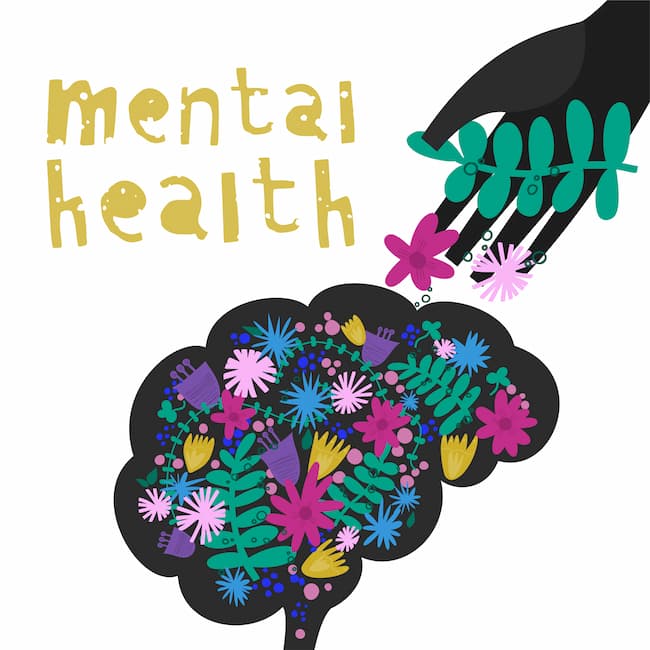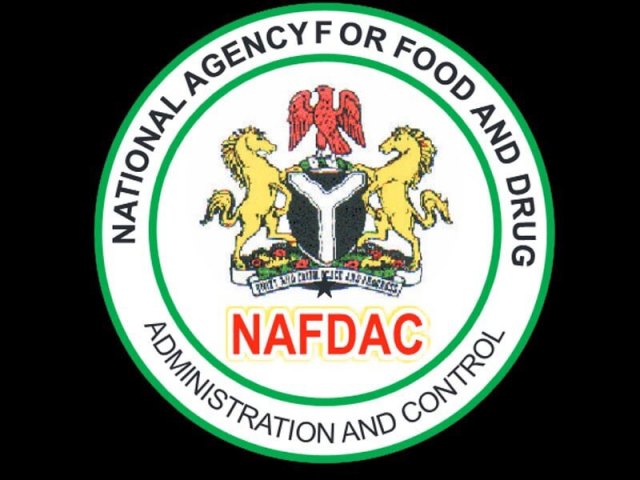The cost of fibroid treatment in Nigeria continues to rise, with prices ranging from N700,000 for open surgeries to N3 million for non-invasive procedures. The increasing expenses create significant financial challenges for women seeking care.
Fibroids, non-cancerous growths in the uterus, are common among women of reproductive age and often require medical intervention such as myomectomy, hysterectomy, or newer non-invasive procedures like Uterine Fibroid Embolization (UFE) and High-Intensity Focused Ultrasound (HIFU).
Public hospitals charge between N700,000 and N1.5 million for surgical procedures, while private facilities offer similar services for up to N2.5 million or more, depending on complexity. Non-invasive treatments typically cost between N2 million and N3 million.
Dr. Benjamin Oluwatosin Olowojebutu, founder of the Benjamin Olowojebutu Foundation, explains that high treatment costs hinder timely care. “In mainland Lagos, prices range from N700,000 to N1 million, while on the island they can reach N3 million, depending on fibroid size,” he says.
Many women delay treatment due to financial barriers and fear of surgery. Foundations like Dr. Olowojebutu’s provide subsidized treatment to help women afford care.
Treatment costs vary by region. Northern cities like Kano and Kaduna face higher prices, ranging from N800,000 to N900,000 due to limited specialist care. In Abuja and Port Harcourt, treatment can cost around N900,000, while diagnostic tests such as ultrasounds and MRIs add an extra N20,000 to N50,000 per session.
Despite health insurance plans, coverage for fibroid surgeries often falls short, forcing patients to pay significant out-of-pocket expenses.
Fibroids are a leading cause of infertility in Africa, as they often block areas in the uterus essential for conception. Symptoms include prolonged menstrual bleeding, severe pain, bloating, and anemia.
Dr. Olowojebutu emphasizes early intervention, warning that untreated cases may lead to complications such as kidney issues and severe anemia. “Many women rely on unproven herbal treatments that delay proper care and worsen symptoms,” he cautions.
Healthcare professionals stress the need for affordable care solutions. Gynaecologist Dr. Mary Owoseye advocates for increased awareness and investment in treatment options. “Improved access to diagnostic services and affordable care is essential for addressing this growing issue,” she states.
The rising costs of fibroid management highlight the urgent need for healthcare reforms to ease the financial burden on Nigerian women and improve access to life-saving treatments.













